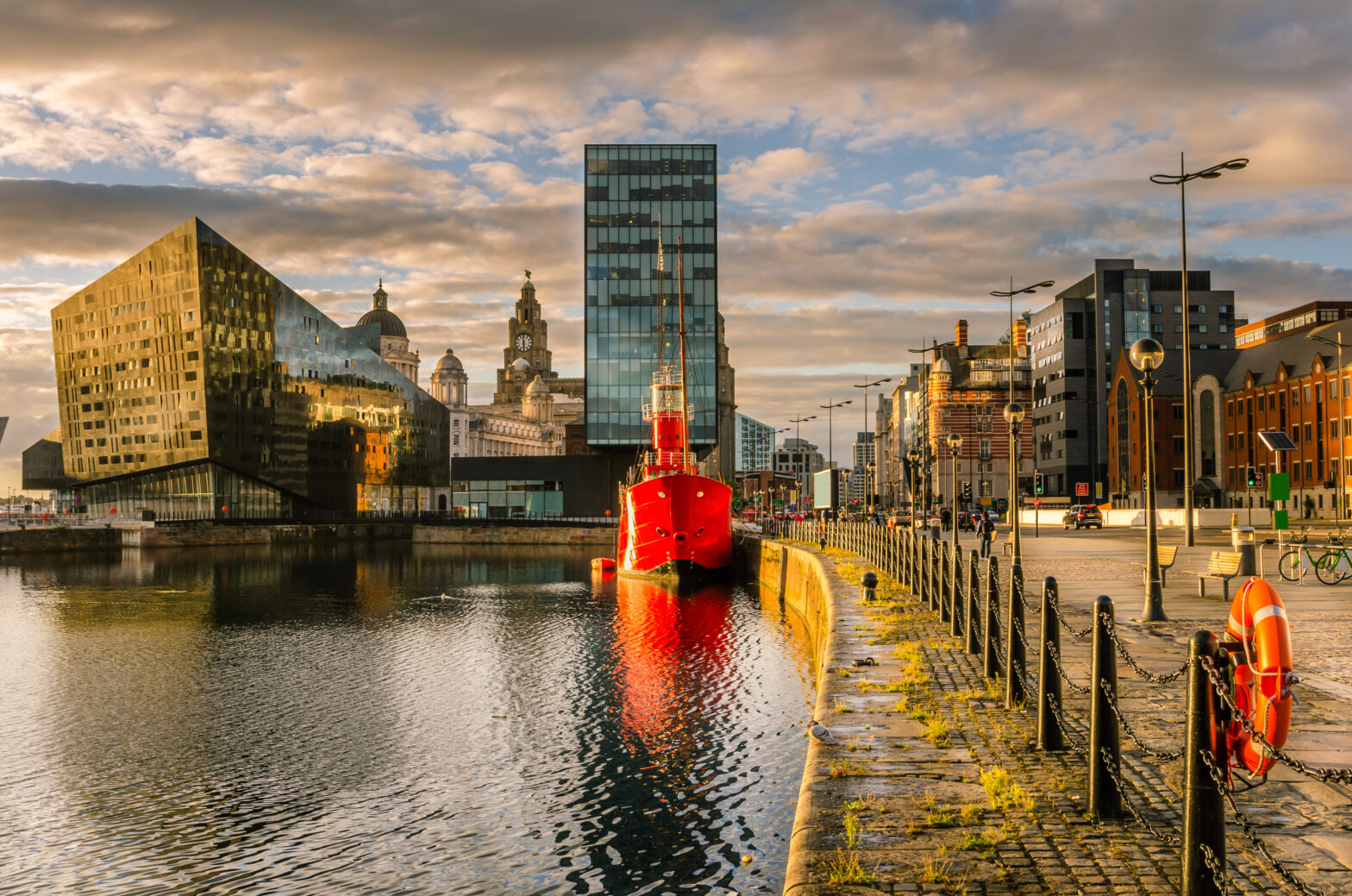Data based on the average number of job listings in 2016 from from CV-Library shows that London is the third best city to find work in the UK now, behind Liverpool and Edinburgh. Overall, the number of available jobs in the UK has increased across ten key cities.
The top UK cities for job hunters in 2017
- Liverpool – up 23 per cent
- Edinburgh – up 20 per cent
- London – up 19 per cent
- Southampton – up 18 per cent
- Portsmouth – up 18 per cent
- Manchester – up 17 per cent
- Hull – up 15 per cent
- Cardiff – up 14 per cent
- Glasgow – up 13 per cent
- Bristol – up 13 per cent
While there are more jobs available, there is also fierce competition for these roles, with applications rising by double digit percentage points across the board. According to CV Library’s founder and MD, Lee Biggins, all figures are expected to pick up substantially this year. “Applications are up, and this figure will inevitably rise this month as candidates embark on a fresh start in their careers,” he said. “Job growth was witnessed across the south, north and Wales, which is a positive indication that business confidence is strong across the nation.”
Liverpool over London
Liverpool is historically the culture capital of the North. Divided into four key districts: the traditional, the commercial, the waterfront and the creative quarter, the city has been one of the fastest growing environments for technology start-ups; augmented reality in particular. A two-hour express train journey from London connects Liverpool to the bulk of the investor community, and the Liverpool John Lennon Airport in the outer limits of the city keeps Liverpudlians connected to international hubs.
In terms of cost of living and doing business, Liverpool wins out against the Capital. According to a recent report by commercial property agency, Carter Jonas, reveals that rents in London’s West End can be as high as £125 per square foot per annum. Prime City of London rents can be as high as £75 per square foot. The fringes of the City, Docklands and Stratford office rents are cheaper – typically £28 to £40 for refurbished Grade A space.
However, even these cheaper locations can cost twice as much as the priciest buildings in Liverpool, where rents peak at £20 per square foot.
Liverpool’s large workforce includes around 6 million people living within a one-hour commute, of which 150,000 are qualified professionals. The city’s six universities mould over 60,000 students and 20,000 graduates each year.
According to John Hall, chief executive of lobby group Professional Liverpool, large national and international corporations are beginning to see merit in Liverpool, including investment management firms Rathbone Brothers and Investec, whose back office and compliance operations are in the northern city, and German group Bosch and American firm ServiceSource.
Hall believes that these large entities are drawn to Liverpool for its local talent and low attrition rate of staff. At an event held by Professional Liverpool in London’s Mansion House, Hall said that for every £1,000 businesses would spend in London on the cost of staff, rent and rates, they would only spend £600 in Liverpool. “Part of the battle is getting people (to Liverpool). When they first come here, it’s a real eye opener.”
Recruiters eye Liverpool
Construction and rail recruiter, One Way has acquired new office space in the Connect Business Village complex. The move, according to the firm, is based on the growing potential of Liverpool as a major investment hub, comes at a time when One Way is looking to expand into new regions to meet the demands of its target markets. The firm has had a presence in the city since 2011 but has now decided to buy expanded office space, rather than leasing it.
“We’ve long seen Liverpool as a location that holds significant potential for us – not only because it provides the perfect base for our Northern operations, but also because the talent pool is so strong here. We’ve found that both the candidates that we place – and those we recruit internally – have been of the highest quality and that certainly made our decision a bit easier. Add to that the fact that Liverpool is growing at a rapid rate and holds significant benefits for businesses like ourselves and it was a no-brainer really,” One Way MD and co-founder, Paul Payne said.
“The office provides us with an ideal Northern base and while there’s currently 15 of our team based there, we expect that to increase rapidly over the coming months. We’ve ultimately bought the building with the intention of expanding it further and will add in a private interview and conference room for both our own use and that of our clients.”
Liverpool: a start-up hub?
The city is renowned for its start-up accelerators supporting early-stage digital businesses, including Idea Alive and Spark Up. As of 2015, a key area of focus for the Liverpool Chamber of Commerce was to support and develop 500 Merseyside “super businesses” leading up to 2020.
Despite all this support from the start-up community, Liverpool has the worst start-up survival rate in England according to research released in 2014. Only 53.3 per cent of new firms complete three years of trading in Liverpool, compared to 57.8 per cent in Manchester, 58 per cent in Birmingham, and 59.7 per cent in London.
These figures are from the LEP Growth Dashboard, compiled by the Enterprise Research Centre in partnership with advice network GrowthAccelerator, which analysed 39 local economic partnership areas (LEPs) to map England’s start-up landscape.






